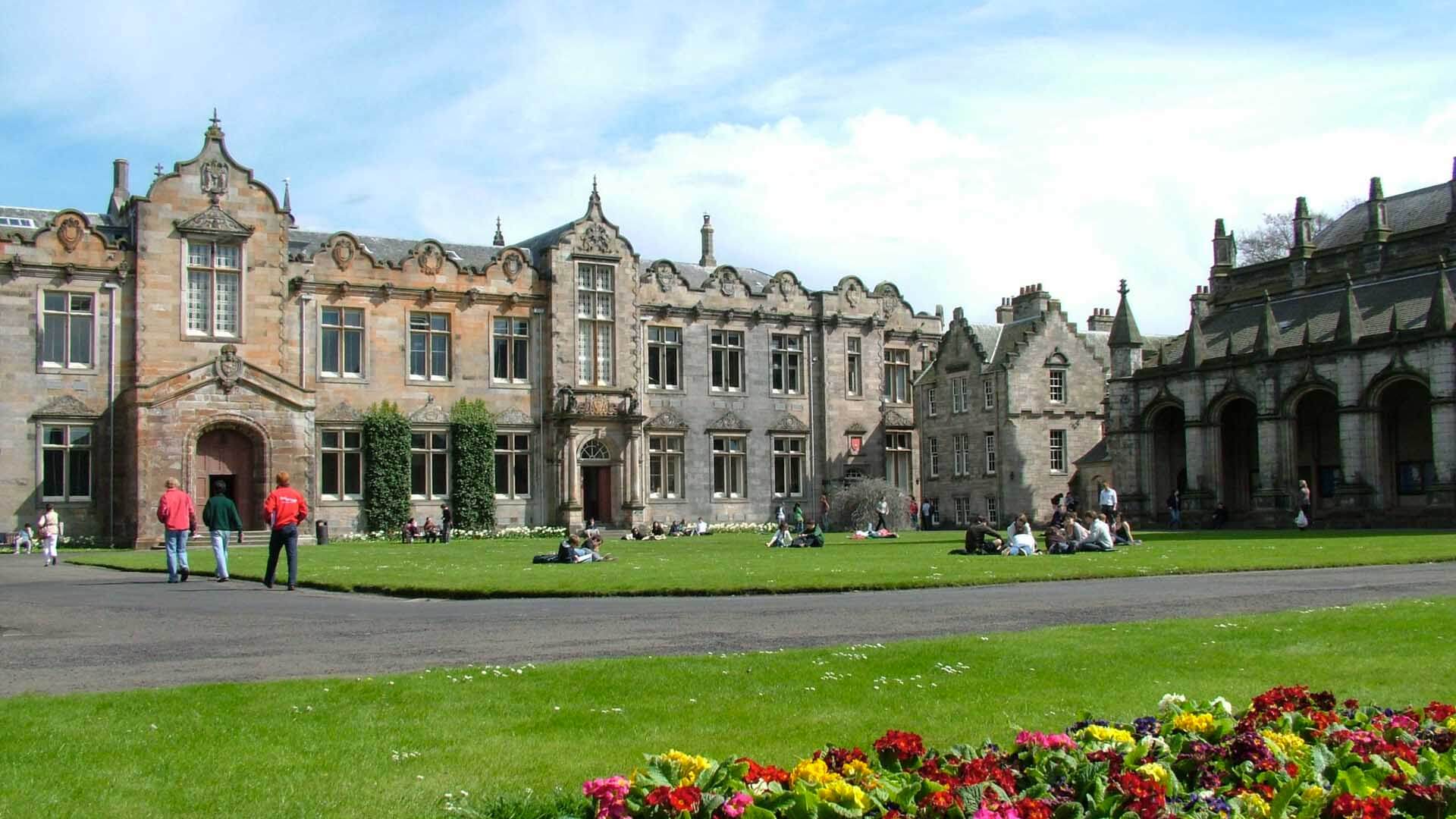University of St. Andrews: University gifted invaluable collection
The Universities of Dundee and St Andrews have been gifted almost 100,000 clinically significant samples which will help to further research aimed at overcoming antimicrobial resistance.
The collection of isolates from a range of clinically significant species is being provided by the British Society for Antimicrobial Chemotherapy (BSAC) and will be hosted by Dundee, in collaboration with St Andrews.
The collection, amassed as part of BSAC’s flagship Antimicrobial Resistance Surveillance Programme, provided many benefits to the research community and industry sponsors. Following the closure of the programme in 2020, BSAC was determined to gift the isolate collection to an organisation that would make use of this unique, longitudinal surveillance, to help support the needs of today’s AMR challenges.
Both Dundee and St Andrews are at the forefront of antimicrobial resistance (AMR) research, with international experts working on sequencing, diagnostics, vaccine development and therapies such as new antibiotics, combination therapy and repurposing of antimicrobial agents.
Diane Cassidy, Research Technician at Dundee’s School of Medicine, played a key role in the relocation of the collection to its new home. She says she is humbled by the enormity of the project that BSAC undertook.
“It took me and a colleague five days to transfer part of the collection, so we had a first-hand appreciation of the time and effort that had gone into gathering the isolates,” she explained.
“I could not help feeling totally in awe of the efforts and input from so many different people involved in collecting samples from many patients and from multiple sites over the last 25 years into this hugely valuable repository of microbiological history.
“I am sure this collection will excite microbiologists worldwide for many years to come. I am so excited by the projects that the collection can support in terms of future research using advancements in techniques such as next-generation sequencing to study how different microbes have mutated at a genetic level and how this information can be used to make predictions that could provide insights into health care management in the future.”
The Antimicrobial Resistance Surveillance Programme was initiated in 1999 and ran until 2020. The collection represents decades of work by the Society and its members and industry partners, providing an invaluable resource to researchers. By gifting the collection to Dundee and St Andrews, BSAC have ensured that it will be accessible to future generations of scientists working to preserve the efficacy of antimicrobial agents and stem antimicrobial resistance.
Dr Benjamin Parcell, Consultant in Microbiology at Ninewells Hospital, said: “The BSAC collection will be of great interest to scientists and clinicians, and we aim to continue to build the collection with local bacterial isolates and significant isolates from the Scottish Microbiology Reference Laboratories in Glasgow.
“Antimicrobial resistance is both an important and rapidly evolving area. By utilising new and emerging research tools, further important insights on AMR can continue to be found within this unique and valuable collection.”

